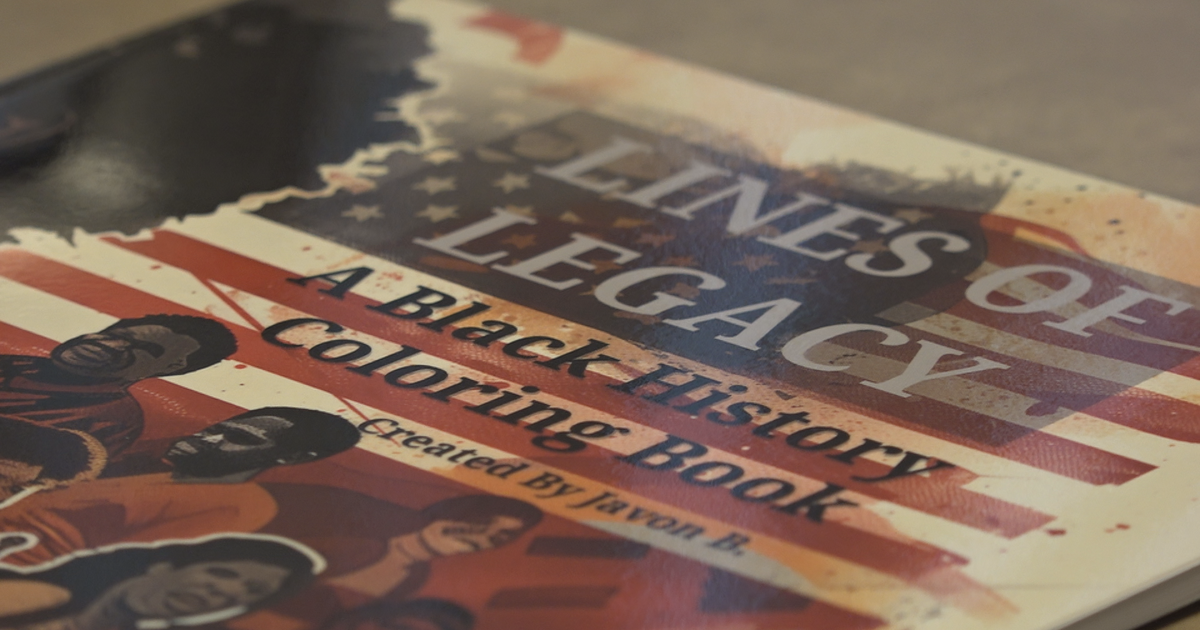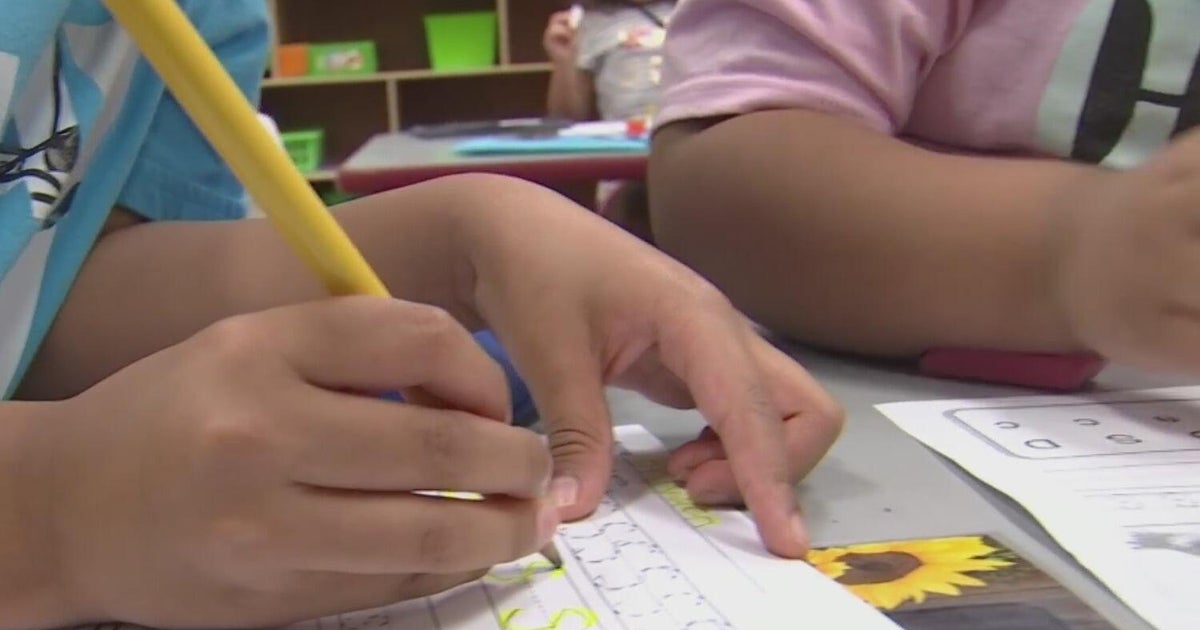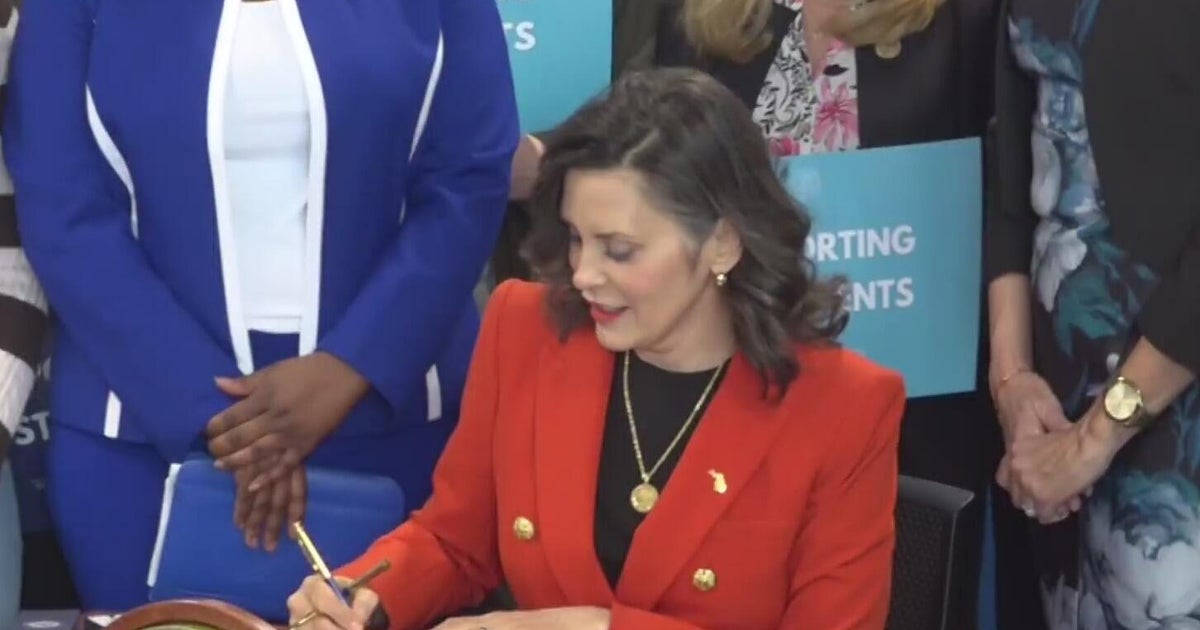Worcester Polytechnic Institute researcher using spacing and color to make algebra easier
WORCESTER - Math can be overwhelming for students and when it comes to algebra, one Worcester Polytechnic Institute (WPI) professor said it can make or break academic futures.
That is why WPI Associate Professor Erin Ottmar is doing research for kids to see algebra in a new light.
Ottmar said the mnemonic device "Please Excuse My Dear Aunt Sally" is meant to help students remember the order of operations of algebra. PEMDAS: Parentheses first, exponents, multiply or divide and then add or subtract.
Despite that helpful hint, solving equations can still be tricky.
"There's a really strong left to right bias," said Ottmar. "So kids typically start to the left and they move to the right. But math depends on the higher operator and that's not always in the same place."
And unless you follow the rules exactly, you will end up with the wrong answer. And that happens a lot.
"They'll incorrectly add the first and then multiply. And so, these errors are really common."
But Ottmar is analyzing a way to make it easier by using spacing and color.
"A lot of work in cognitive science has shown if you subtly change spacing between it or coloring within numbers people shift their attention toward the correct or incorrect numbers and operators," explained Ottmar. "Our idea is that kids will focus on that color first and then it will make them break that kind of left to right pattern."
The technique will be integrated into schools in Virginia and Georgia over the next three years. Professor Ottmar and her colleagues will then break down the research to see if it's effective and worth implementing elsewhere.
"At the end of the day, what we were hoping to do is get students to focus on the structural features of math, not the surface features of math," said Ottmar. "But by providing different supports and scaffolding in these different opportunities we hope that students will build a more conceptual understanding."
The project is funded with a more than half million dollar grant from the National Science Foundation. Professor Ottmar hopes the concept will lead to a better understanding of algebra, but notes it could also make it too easy and when these visual crutches are removed students may not be able to solve the equations without them.







